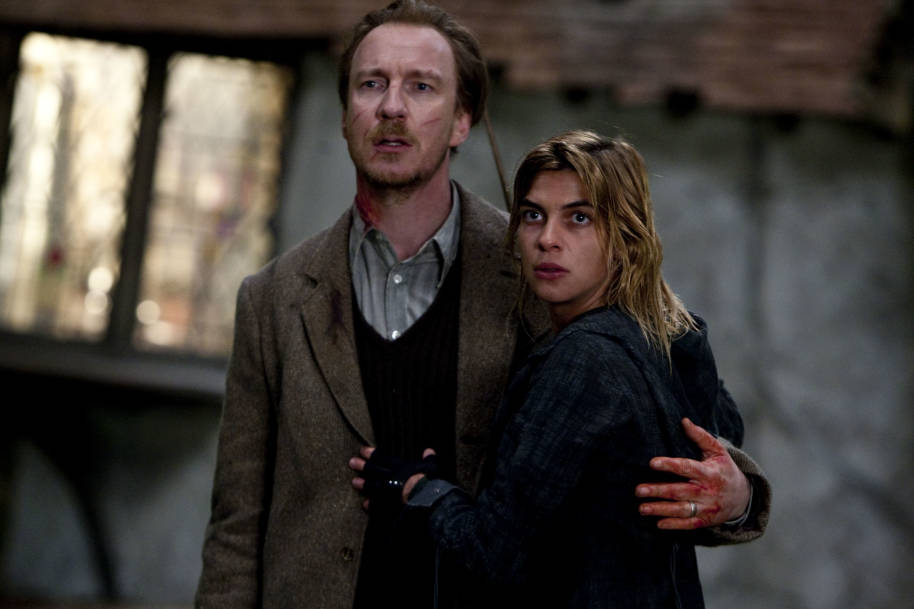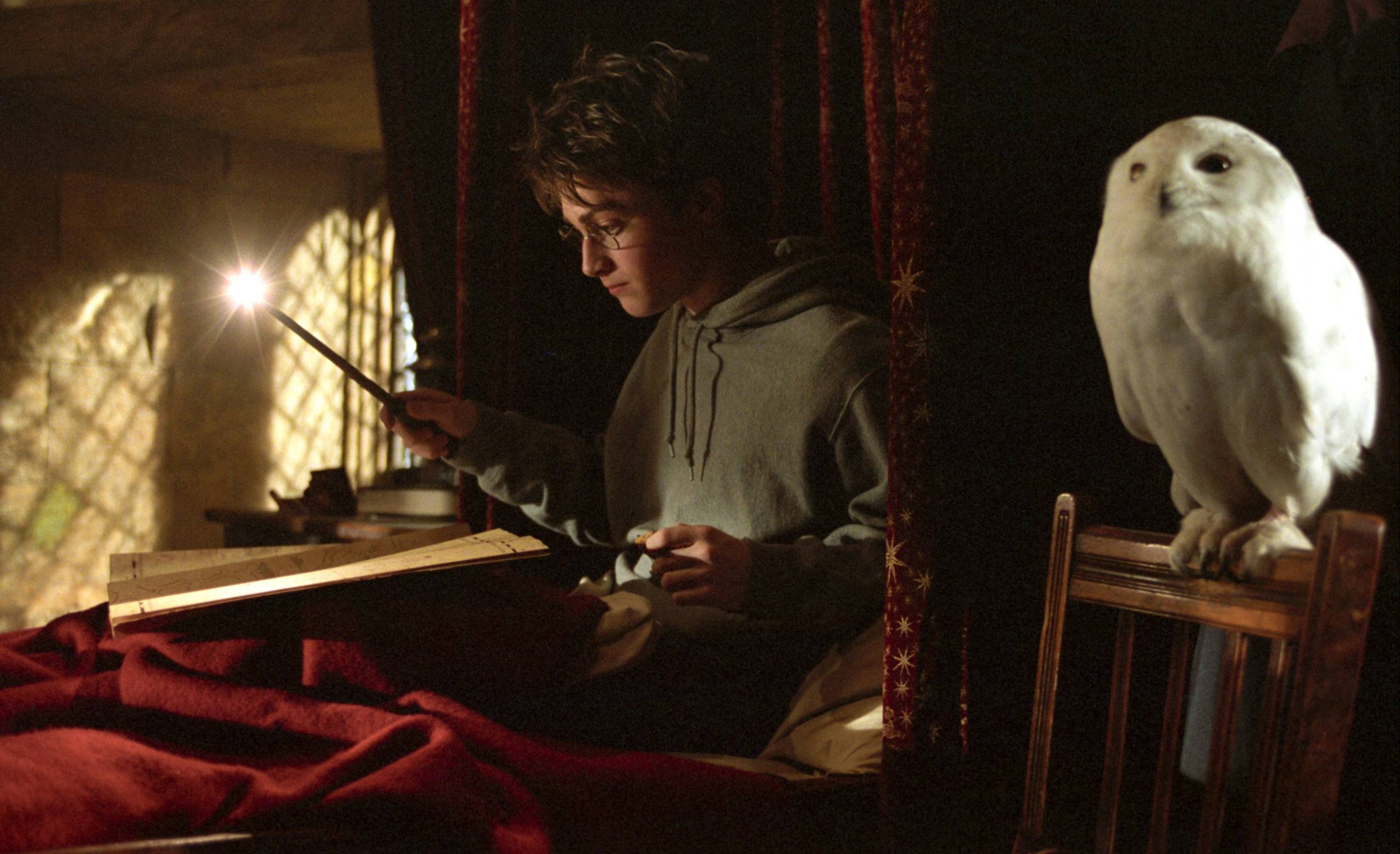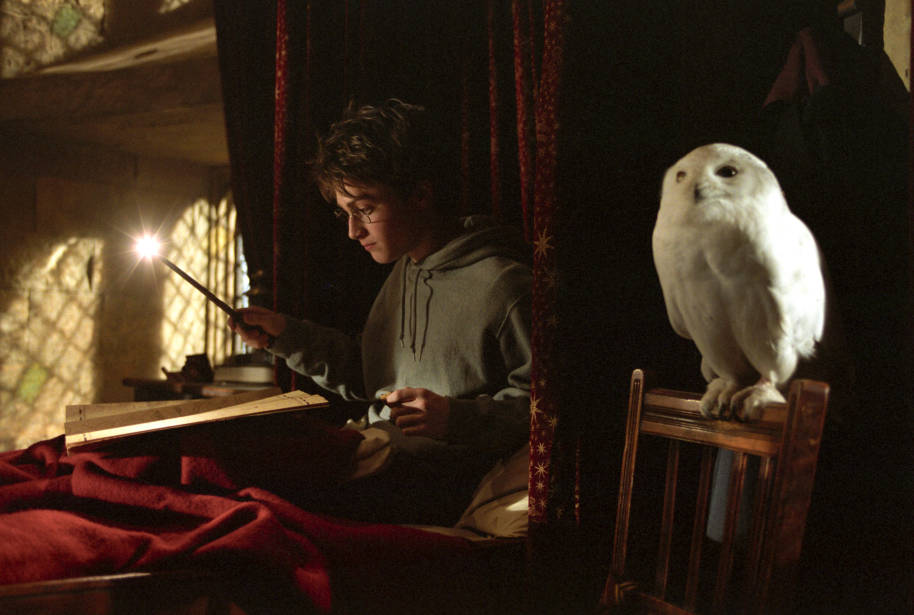
Harry Potter
The joy of Harry Potter’s name was that it seemed like one so delightfully ordinary for someone who achieved so much. But when we dig a little deeper, it seems to be a very fitting name for the Boy Who Lived.
The name Harry is the Middle English form of the name ‘Henry’, a name which was favoured by many an English king. Leadership runs deep in Harry’s name, as well as the motif of war – which Harry is sadly very familiar with. Harry is also related to the Old High German word ‘Heri’ which means ‘army’. As one of the founders of Dumbledore’s Army, this seems apt.

Albus Dumbledore
You may know already that ‘Dumbledore’ is an archaic word for ‘bumblebee’, which is rather sweet. ‘Albus’ appropriately means ‘white’, just like the Professor’s famous beard. But let’s not forget about his many middle names, which go far deeper into Dumbledore’s more complex characteristics.
‘Percival’ suggests a history of battle, as Percival was one of the legendary knights in King Arthur’s court. Wulfric, oddly enough, means ‘wolf power’ – although we’re pretty sure Albus didn’t have any lycanthropy skills. As for Brian? That is an old Celtic word, meaning ‘noble’, which Albus very much was.
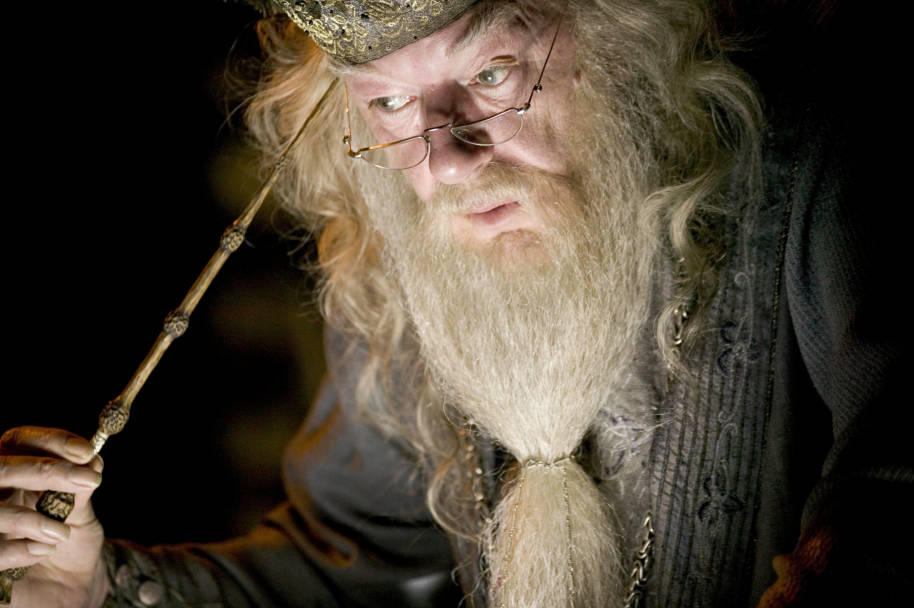
Rubeus Hagrid
Hagrid’s name may be derived from the term ‘hagridden – which means ‘worried’. Hagrid is often hagridden for the safety of Harry, after all. Rubeus may come from the Latin ‘Rubeo’, which means ‘I am red or ruddy.’ And, if you notice in the books, this is exactly what happens when the Professor partakes in a glass of wine.

Draco Malfoy
By no means a dramatic coincidence, Draco’s first name is Latin for a terrifying beast that spits fire – or, more specifically, a dragon. You may have noticed that Draco’s name is also part of the Hogwarts school motto: ‘Draco dormiens nunquam titillandus’ – which means ‘Never tickle a sleeping dragon’. We would definitely apply this same logic to Draco too.
As for his beloved last name, you might think Malfoy means ‘rich, blond and probably quite rude’. Well, not quite, but the term ‘Mal’, actually derives from Old French usually means ‘bad or ‘evil’ and ‘foi’ means ‘faith’ or ‘trust’. How interesting…

Tom Marvolo Riddle
We already know that Tom Marvolo Riddle’s name is soaked in a lot of personal meanings for the character. Tom was always aggrieved to use his ‘filthy Muggle father’s name’ as he put it, so devised a new name for his future self, ‘Lord Voldemort’.
The name that Tom avoided so much has been around since the 1700s, and is one of the most popular names in history. Incidentally, both his and Harry’s name of course feature in the phrase ‘Every Tom, Dick or Harry’. Tom usually is defined to mean the male version of something – such as ‘tom cat’.
‘Marvolo’ isn’t a traditional name, and comes from Tom’s pure-blood wizard grandfather, Marvolo Gaunt. As for ‘Riddle’, the word as we know it defines to ‘something that puzzles or perplexes’ which is certainly true for Tom Riddle, but back in the 1800s was a Middle English term to mean ‘perforated with many holes’ – much like when Harry stabbed his diary in Chamber of Secrets, you might say…
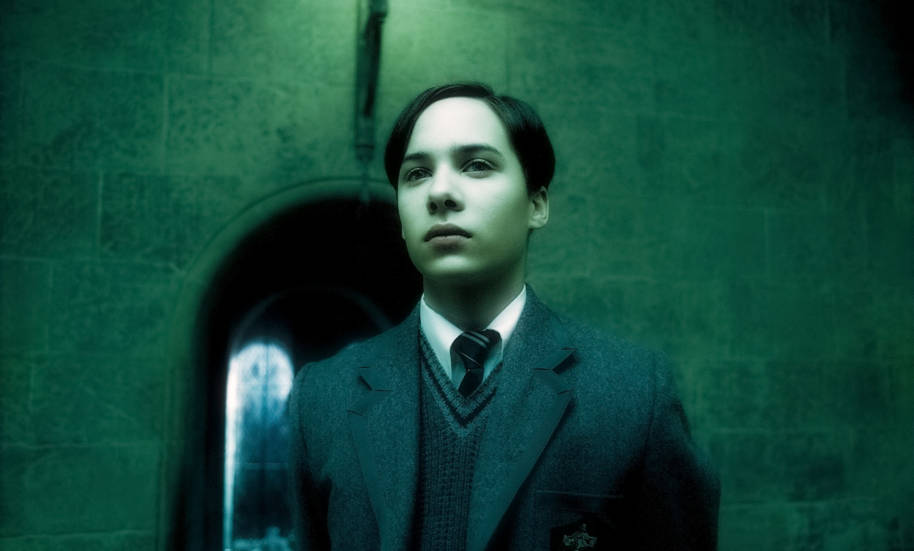
Hermione Granger
Hands up if you had been pronouncing Hermione’s name wrong when you first started reading the books. Yep, thought so. Complex pronunciations aside, ‘Her-My-Own-Knee’ is a name rich in mythological value, as in Greek mythology, Hermione was the daughter of King Menelaus of Sparta and his wife, Helen of Troy.
Meanwhile, Granger, according to the Middle English definition, was amusingly an occupational term for ‘bailiff’, which considering how much Hermione Granger has to tell off Ron and Harry, is rather fitting.

Remus Lupin
The origins behind the name of this earnest Marauder could not be more apt. First of all, we have Remus, which is a name known quite well from the Roman myth ‘Romulus and Remus’, the tale of the twin brothers who were abandoned at birth, brought up by a she-wolf, and went on to found Rome.
Then there is ‘Lupin’ – derived from the Latin ‘lupinus’ – which means… drum roll… ‘of a wolf’. As such, it would seem that Remus Lupin’s fate was always locked within his name.
